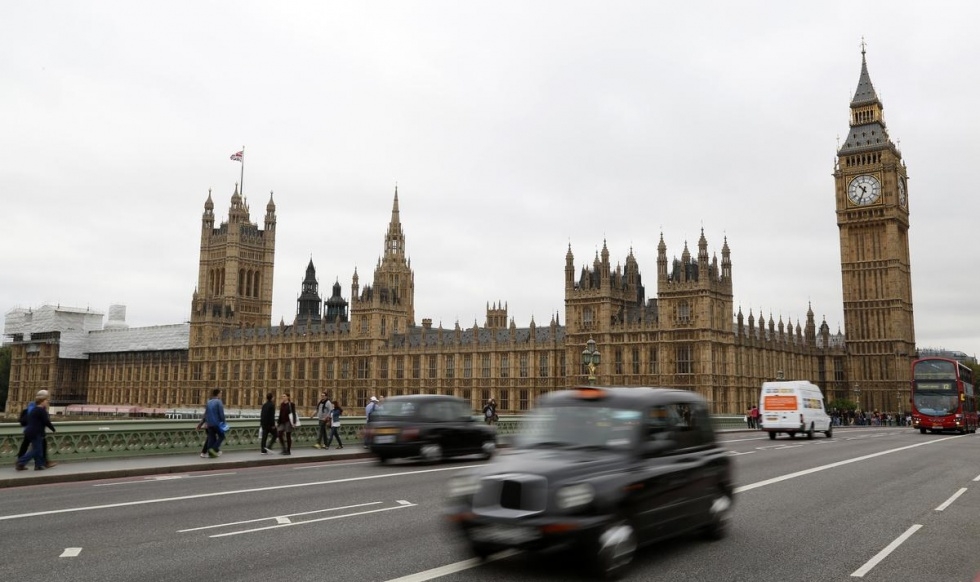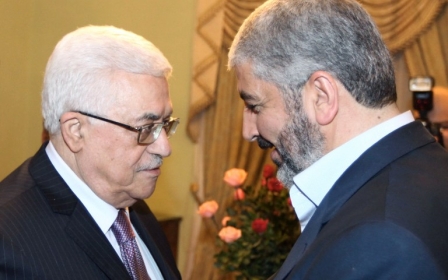UK parliament to vote on Palestinian statehood

The UK parliament will be voting on a motion to recognise the state of Palestine alongside the state of Israel on 13 October.
The application proposed by parliamentary backbenchers was originally presented to the Backbench Business Committee (BBC) on 8 April, but was not given debate time in parliament until recently.
The landmark motion which says: “This House believes the Government should recognise the state of Israel alongside the state of Palestine,” is aimed to push the British government to recognise Palestinian national rights and their rights to self-determination, said Chris Doyle, director of the Council for Arab-British Understanding Caabu.
Experts say that the UK parliamentary vote bares a significant symbolic meaning: “It is likely to be a moral victory that may force the UN members to follow,” said international law specialist Toby Cadman, a barrister at the Nine Bedford Row International Chambers of London.
“The vote in the lower house is hugely important and is likely to force a vote in the House of Lords as well,” he added.
Cadman believes there is a strong chance the motion will pass - citing the recent 51-day Gaza war and the increasing support for Palestine since the UN upgraded the country’s status in 2012.
Although the UK abstained during the 2012 UN General Assembly vote, Palestine was upgraded to a non-member observer status which put it on the same level as the Vatican, allowing it to participate in General Assembly debates and make use of the International Criminal Court.
Other observers, however, are not sure the motion will pass: “There is a possibility that many MPs will not vote,” said Doyle.
Israel’s supporters fear this motion could see Parliament recognise a Palestinian state ahead of a peace deal.
“The basic underpinning of the Oslo Accords was that a Palestinian state would be an outcome of the peace process, so that only when everyone and everything is agreed there would be a state,” said Yossi Mekelberg, senior fellow at the Chatham House Middle East and North Africa programme.
“Israel feels that the approval of this motion would make them lose one of their best bargaining chips,” Mekelberg explained.
Even if passed, the UK motion is not binding on the executive and consequently may have only minor direct political or legal impact on the wider peace process.
“The vote does not have the force of law and will not impact directly on the UN Security Council,” Cadman told MEE.
Doyle agrees: “It does not prejudice the outcome the negotiations any more than when Britain recognised Israel in 1950.”
“But if there is a large vote in favour of the recognition, it would carry immense political and symbolic significance and put pressure on the British government to adhere to the motion,” he added.
While the UK is a permanent member of the UN Security council and its approval of the motion would encourage other UN members to follow suit, the presence of the US within the Security Council warrants a veto of any resolutions that would potentially support the recognition of a Palestinian state.
For Palestinians however, the approval of this motion would be a move in the right direction, analysts say.
“Palestinians see that the negotiations are about a two-state solution anyway. [In the case of the motion passing,] all the other issues would be negotiated between two states rather than one state and another non-state actor,” Mekelberg told MEE.
Swedish Prime Minister Stefan Loefven said Friday that the Nordic country would recognise Palestine, underlining his support for a two-state solution to the Israeli-Palestinian conflict.
"A two-state solution requires mutual recognition and the will to co-exist peacefully," Loefven said in his inaugural address to parliament.
Middle East Eye propose une couverture et une analyse indépendantes et incomparables du Moyen-Orient, de l’Afrique du Nord et d’autres régions du monde. Pour en savoir plus sur la reprise de ce contenu et les frais qui s’appliquent, veuillez remplir ce formulaire [en anglais]. Pour en savoir plus sur MEE, cliquez ici [en anglais].




